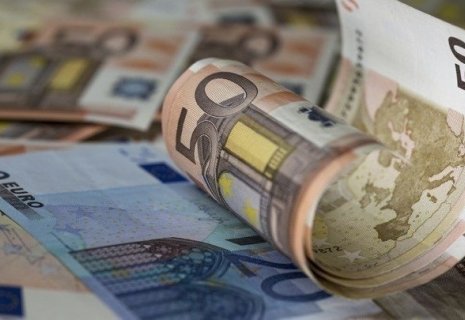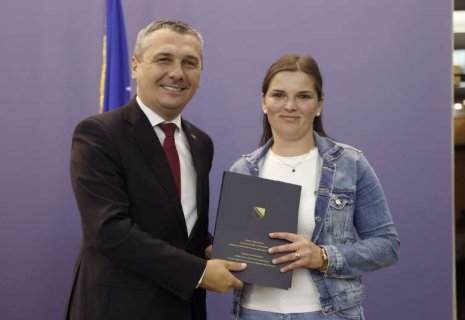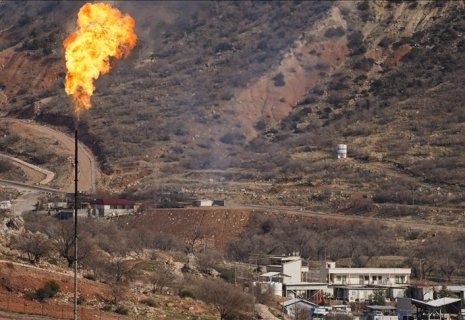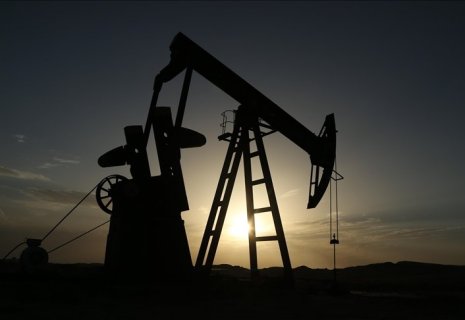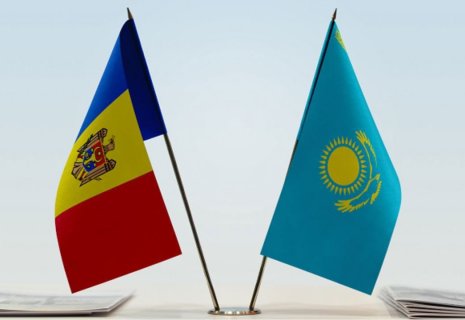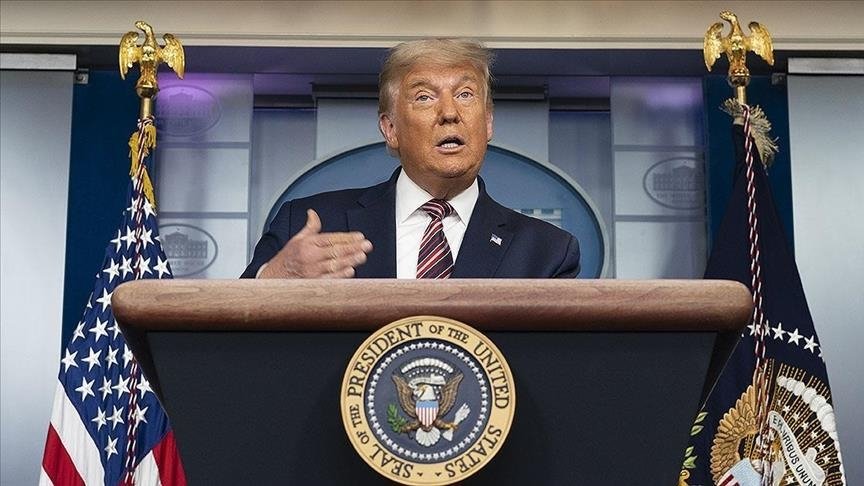
Americas Brace for US Trade Tensions Under Trump
From Canada to Chile, countries across the Americas are preparing for the fallout from US President Donald Trump’s escalating trade policies, CE Report quotes Anadolu Agency
North America: Mexico & Canada Respond
Mexico, one of the US’ largest trading partners, has implemented countermeasures against Trump’s 25% tariff on Mexican goods, citing a need to protect national interests. President Claudia Sheinbaum rejected Trump’s claims of insufficient action on drug trafficking, calling them "slander." The tariffs were suspended for 30 days following a border security agreement. Economists warn the measures could push Mexico into recession.
Canada also retaliated, with Prime Minister Justin Trudeau imposing 25% tariffs on $155 billion worth of US goods. Trump, in turn, paused tariffs for 30 days after discussions with Trudeau on border security. Analysts suggest these policies could drive up US energy prices, given the country’s reliance on Canadian petroleum and natural gas imports.
South America’s Reactions
Brazil’s President Luiz Inacio Lula da Silva vowed to retaliate if the US imposes tariffs, stating, "If he taxes Brazilian products, Brazil will reciprocate." Economists warn of negative impacts on Brazil’s steel and auto industries, currency depreciation, and inflation.
Colombia initially resisted US demands, barring US military planes carrying deported migrants. Washington responded with tariff threats, leading President Gustavo Petro to agree to accept deportees, avoiding economic retaliation. Business leaders warn that US tariffs could devastate key industries like coffee and flower farming.
Argentina, led by President Javier Milei, is one of the few nations that may benefit, given Milei’s ideological alignment with Trump. However, analysts remain skeptical about whether Trump’s policies will genuinely favor Argentina’s economy.
Outlook
As Trump’s trade policies unfold, nations across the Americas are weighing retaliatory measures while seeking to protect their economies from potential shocks.


